How the Psychosocial Approach Provides an Alternative to the Biomedical Model
Mad in America
NOVEMBER 16, 2023
Childhood trauma and further adverse events in adulthood such as bullying, social discrimination or exclusion, migration or visibly marginalized status may, for example, increase risk of developing what is then labeled as psychotic disorder. This is why it is sometimes important to also listen to what they are pointing towards.

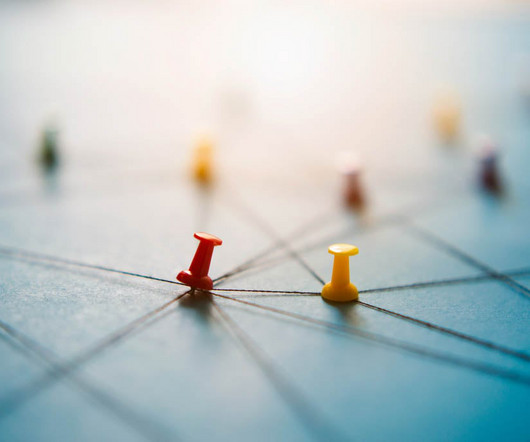
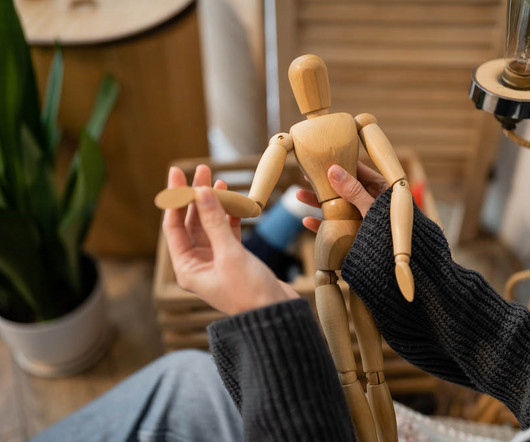
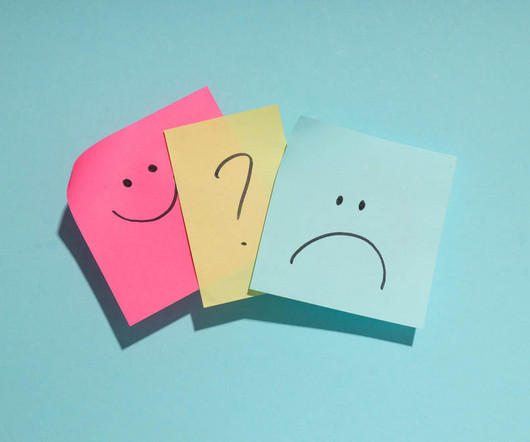

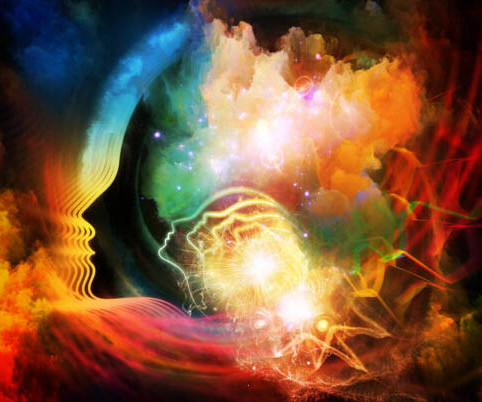
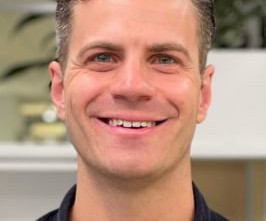
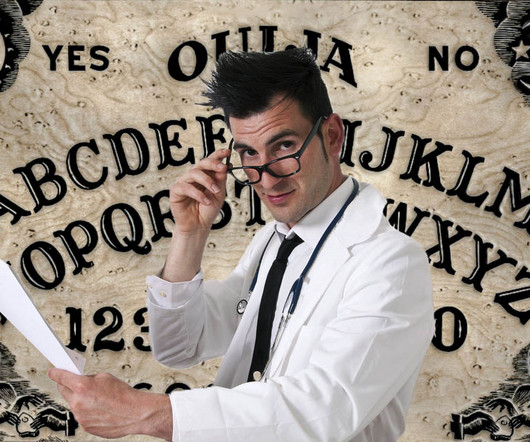
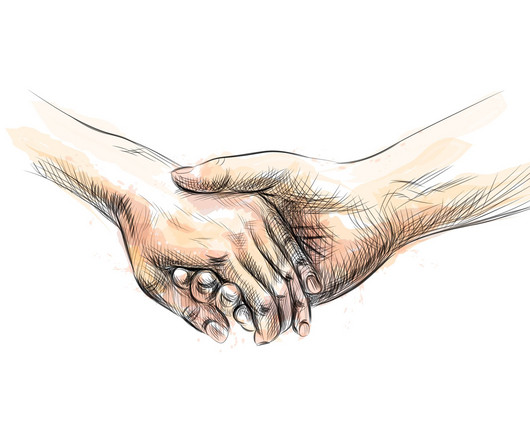
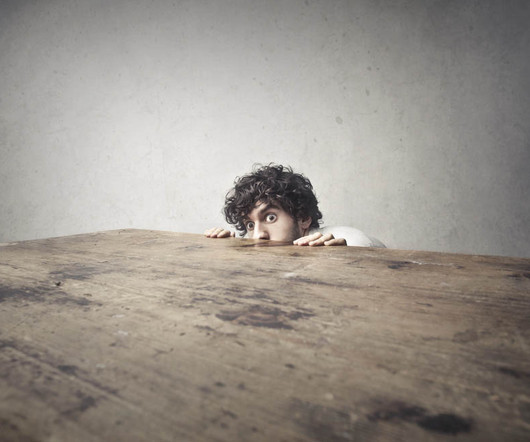







Let's personalize your content